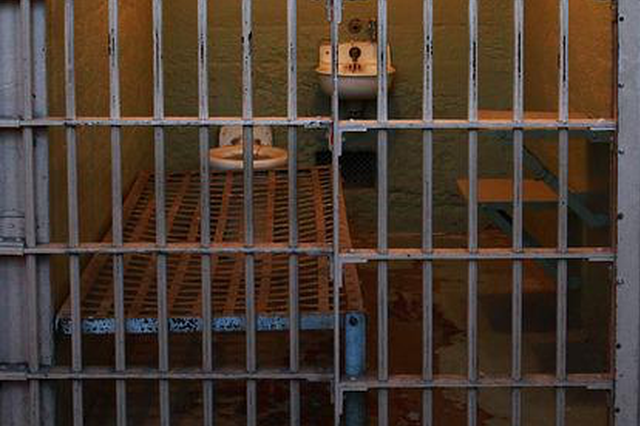Dakar – A Senegalese court on Tuesday ordered prominent journalist and government critic Pape Ale Niang to be put back in jail, his lawyer said, less than a week after he had been bailed following a hunger protest.
In a case that has sparked international concern, Niang was arrested on November 6 and charged with “divulging information likely to harm national defence.”
He went on a hunger strike on December 2 and was later admitted to a clinic after his health deteriorated. He was given provisional release last Wednesday.
One of his lawyers, Moussa Sarr, said Niang had been arrested again overnight and brought before a judge in Dakar on Tuesday.
Prosecutors allege Niang breached bail conditions by discussing his case on social media on Monday with a Senegalese activist living abroad, Sarr said.
They are also pointing to a “tweet concerning the head of police,” he said, without elaborating.
The court “revoked the decision granting provisional release under judicial control,” Sarr said. “He’s going back to prison.”
Niang, the head of the Dakar Matin online news site, is widely followed in Senegal for his regular columns on current affairs.
ALSO READ | Senegal orders release of journalist on hunger strike
The case against him arose after he wrote about rape charges being faced by the country’s main opposition leader, Ousmane Sonko.
He is accused of describing confidential messages about security arrangements for Sonko’s interview with investigators on November 3, according to trade unions.
Among the accusations, Niang has been charged with “receiving administrative and military documents” and “spreading false news likely to bring public institutions into disrepute.”
His detention sparked a wave of criticism from the press, civil society groups and Senegal’s opposition, many of whom called for his release.
Senegal has a strong reputation for openness and press freedom in troubled West Africa, but this status is in decline, according to Reporters Without Borders (RSF).
Its 2022 Press Freedom Index ranked Senegal 73rd out of 180 countries – a fall of 24 places compared with the 2021 assessment.
Follow African Insider on Facebook, Twitter and Instagram
Source: AFP
Picture: Pexels
For more African news, visit Africaninsider.com


